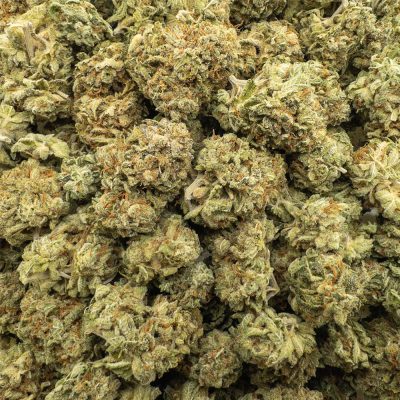Pet parents know well well that their furry offspring will gnaw on just about everything they can get their paws on. The act of chewing is enjoyed by dogs of all ages, from puppies to senior citizens. However, there is considerable variation among canines in terms of both the frequency with which they chew and the intensity with which they are considered heavy chewers. Their habit of chewing, which may be harmful on occasion, may at times complicate matters.
Make the Right Choice
Dogs and puppies benefit greatly from being allowed to chew whenever they feel the need to do so, since this promotes good dental hygiene. As a pet owner, it’s your duty to provide your dog with healthy and safe dog treats. It will aid in their oral health and keep them from breaking household items, too. The instinctual need to chew is built into every canine. There is a higher rate of occurrence in puppies than in mature canines. Teething puppies may be comforted and kept mentally stimulated by providing them with chew toys to work their jaw muscles and remove plaque and tartar. Chewing Dog dental chews may provide all these advantages.
Pups Chewing
Wonder why your dog chews so much? Several hypotheses attempt to account for it. Before trying to stop your puppy from chewing, you should determine the underlying cause of the behaviour and address it accordingly. Canines may suffer from dental issues and periodontal diseases much like humans. If parents ignore or mistreat their children, it might put them at risk for these conditions as well. Dogs with poor dental hygiene are more likely to have tooth loss, periodontal disease, and even organ failure as a result of the infection that may spread through the bloodstream via infected gums.
Discolored Teeth
Teeth discolouration may be caused by trauma to the teeth or by vigorous chewing on hard, pointed, or sharp objects. The pink dentine of the tooth is gradually discoloured due to the bleeding pulp, which has an impact on the tooth and finally colours it grey or purple. Having teeth pulled or undergoing root canal surgery is a common recommendation made by veterinarians in such cases.
Teeth decay
Canine molars often have a dark brown or even black colour on their flat occlusal surface. When discussing problems with a dog or puppy’s teeth, most people usually mean cavities. Cavities may be treated with fillings if they are not in an advanced stage of decay. Choosing the Dog dental chews is essential here. There are a variety of methods available that may be used to treat a patient without disrupting the teeth’s natural alignment.




